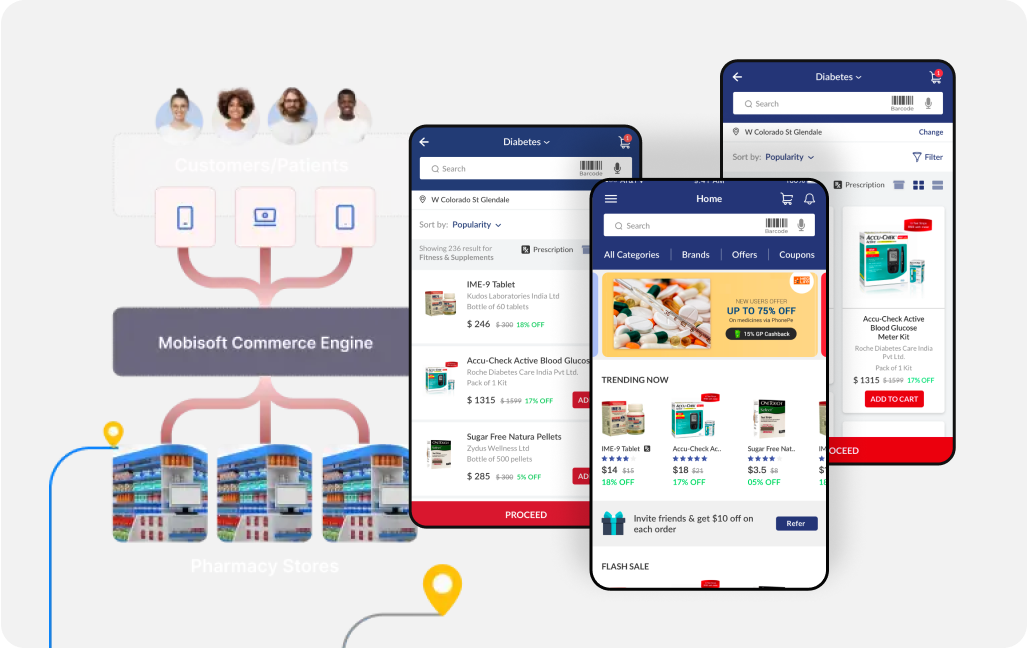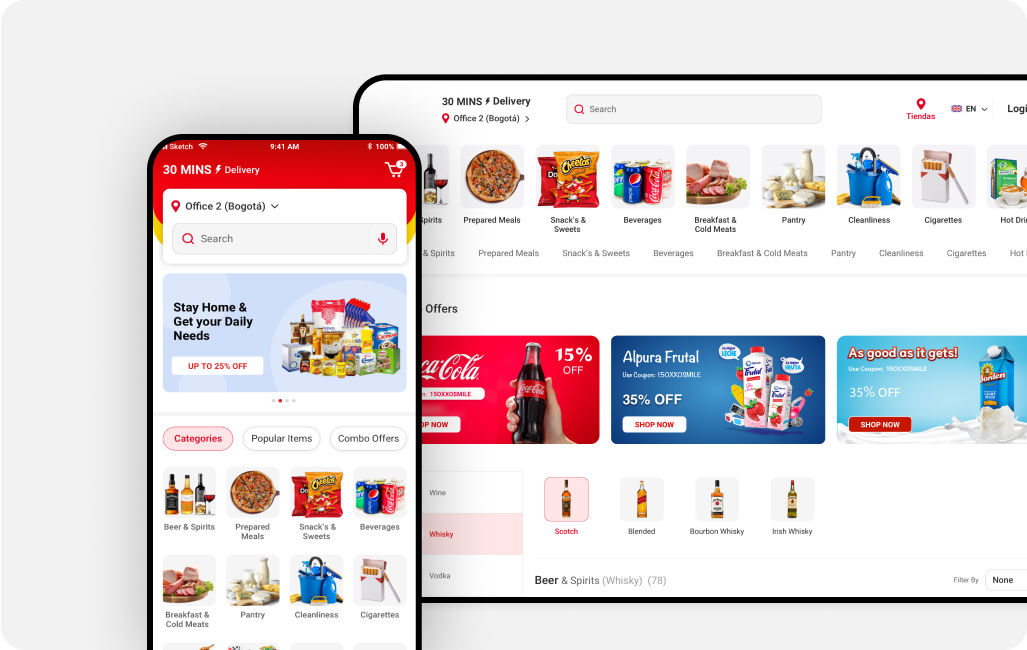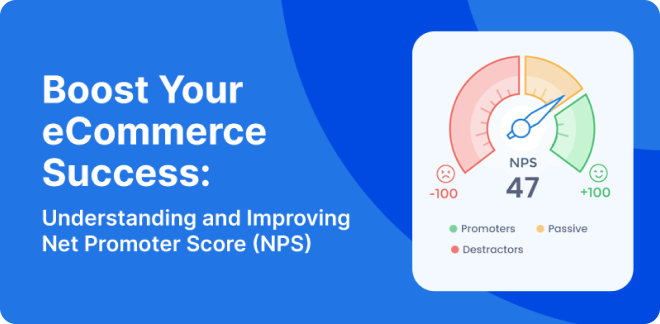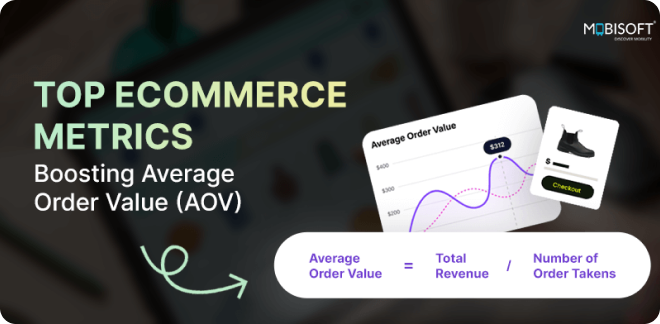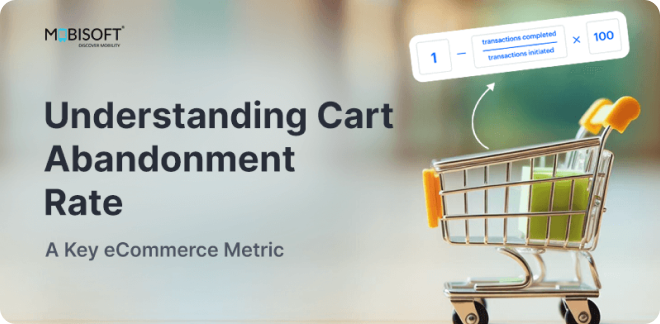The global e-commerce landscape has undergone unprecedented transformation in recent years, reshaping how businesses and consumers interact in the digital marketplace. In 2023, global e-commerce sales reached a staggering $6.3 trillion, with projections indicating this figure will surpass $8.1 trillion by 2026. This explosive growth has been accelerated by changing consumer behaviors, technological advancements, and the lasting impact of the global pandemic, which has permanently altered shopping habits worldwide.
Mobile commerce alone now accounts for over 70% of all e-commerce transactions, while cross-border e-commerce continues to break down geographical barriers, enabling businesses to reach customers globally. For businesses, this rapid digital transformation presents both opportunities and challenges, making the choice of e-commerce platform more crucial than ever. As a result, migrating from WordPress to Shopify has become an increasingly popular solution for those seeking a more robust and specialized platform to meet evolving business needs.
WordPress: The Pioneer of Web Development
WordPress has long stood as the backbone of web development, powering approximately 43% of all websites on the internet. Its journey from a simple blogging platform to a versatile content management system (CMS) has been remarkable. With the integration of WooCommerce, WordPress became a viable option for e-commerce, offering businesses an entry point into online retail with minimal initial investment.
The platform's popularity stems from its open-source nature, extensive customization options, and a vast ecosystem of plugins and themes. For many businesses, WordPress served as their first step into the digital realm, providing a familiar and accessible way to establish an online presence. However, as the business grows, many merchants eventually consider migrating from WordPress to Shopify for better scalability and specialized features.
Limitations of WordPress in Modern E-commerce
Despite its versatility, WordPress faces several significant limitations when it comes to modern e-commerce requirements:
Performance Challenges
WordPress sites often struggle with performance issues as they grow. The accumulation of plugins, which are essential for e-commerce functionality, can lead to slower page load times and decreased server performance. Every additional feature requires a new plugin, creating a complex web of interdependencies that can impact site stability, especially when migrating from WordPress to Shopify for businesses that need to scale.
Security Concerns
The open-source nature of WordPress, while beneficial for customization, also makes it vulnerable to security threats. Regular updates of core files, themes, and plugins are crucial but often overlooked, leading to security breaches. The platform's popularity makes it a prime target for hackers, requiring constant vigilance and security maintenance. For businesses seeking stronger security, WordPress to Shopify migration offers a solution by providing built-in, platform-level security features
Scalability Issues
As businesses grow, WordPress sites can struggle to handle increased traffic and larger product catalogs. The platform wasn't originally designed for e-commerce, and while WooCommerce adds this functionality, it can become resource-intensive at scale. This often results in higher hosting costs and maintenance requirements. For many growing businesses, migrating from WordPress to Shopify becomes a necessary step to ensure optimal performance and scalability.
Complex Maintenance Requirements
Managing a WordPress e-commerce site requires significant technical expertise. Regular updates, plugin conflicts, security patches, and performance optimization demand constant attention. This complexity increases operational costs and diverts resources from core business activities. This is another reason many companies decide to migrate from WordPress to Shopify, where technical management is streamlined.
Enter Shopify: The E-commerce Specialist
Shopify has emerged as a purpose-built e-commerce platform that addresses many of WordPress's limitations. As a Software-as-a-Service (SaaS) solution, Shopify offers a comprehensive e-commerce ecosystem designed specifically for online retail operations, making it an ideal choice for businesses considering WordPress to Shopify migration.
Shopify's Core Strengths Over WordPress
Built for E-commerce
Unlike WordPress's adapted e-commerce functionality, Shopify was designed from the ground up for online retail. This specialized focus ensures that all essential e-commerce features are natively integrated, eliminating the need for multiple plugins and reducing potential points of failure. This is why Shopify migration for businesses is so beneficial—it eliminates the complexities of managing e-commerce functionality on WordPress.
Superior Security Architecture
Shopify maintains Level 1 PCI DSS compliance and handles security at the platform level, significantly reducing the burden on merchants. Regular security updates are automatically implemented, protecting businesses and their customers from emerging threats. As a result, seamless migration from WordPress to Shopify can enhance a store’s security framework.
Scalability and Performance
Shopify's infrastructure is built to handle growth seamlessly. The platform can efficiently manage large product catalogs, high traffic volumes, and peak sales periods without requiring merchant intervention. This scalability extends to both technical performance and business functionality. For businesses with high growth potential, migrating from WordPress to Shopify offers an optimal solution.
Simplified Management
The platform's intuitive interface and comprehensive dashboard make it easier for merchants to manage their online stores. From inventory management to order processing, Shopify streamlines operations and reduces the technical expertise required for day-to-day management. For businesses that outgrow WordPress, Shopify migration services offer a simpler solution.
The Migration Process: WordPress to Shopify
Phase 1: Pre-Migration Planning
Store Assessment
Before beginning the migration process, a comprehensive assessment of the existing WordPress store is crucial. This includes:
- Cataloging all products, categories, and customer data
- Identifying custom functionalities and integrations
- Documenting URL structures and SEO elements
- Analyzing current payment and shipping configurations
A key step in any WordPress to Shopify migration guide is ensuring that all critical data is thoroughly documented before moving to Shopify.
Data Backup
Creating complete backups of all store data is essential. This includes:
- Product information and images
- Customer accounts and order history
- Blog posts and static pages
- SEO metadata and URL structures
- Custom code and configurations
Phase 2: Technical Migration
Data Export and Formatting
The first technical step involves exporting data from WordPress/WooCommerce and formatting it for Shopify:
- Converting product data to Shopify's format
- Preparing customer information for migration
- Organizing order history data
- Structuring content pages and blog posts
This process is critical when you migrate WordPress to Shopify, ensuring that data integrity is preserved throughout the transition.
Theme and Design Migration
Transferring the store's visual elements and functionality:
- Creating or selecting a Shopify theme that matches current design
- Customizing theme elements to maintain brand consistency
- Implementing responsive design elements
- Setting up navigation and menu structures
Ensuring the seamless transfer of design and functionality is a core component of Shopify migration for businesses.
Product Migration
Systematic transfer of product information:
- Uploading product data and images
- Setting up collections and categories
- Configuring product variants and options
- Establishing inventory tracking systems
Phase 3: Integration and Testing
Payment and Shipping Setup
Configuring essential business operations:
- Setting up payment gateways
- Establishing shipping zones and rates
- Implementing tax calculations
- Configuring checkout options
Third-Party Integrations
Connecting necessary external services:
- Marketing tools and analytics
- Customer service platforms
- Inventory management systems
- Email marketing services
Quality Assurance
Comprehensive testing of all store functions:
- Order processing workflows
- Payment gateway operations
- Mobile responsiveness
- Site speed and performance
- Security protocols
Leading Technologies in Migration
Automated Migration Tools
Modern migration tools utilize advanced algorithms and APIs to automate data transfer when migrating from WordPress to Shopify:
- Direct database connections for efficient data movement
- Automated mapping of product attributes
- Bulk image optimization and transfer
- Intelligent URL structure preservation
Custom API Solutions
Development of specialized APIs for complex migrations, especially in Shopify migration for businesses:
- Custom endpoints for unique data structures
- Real-time data synchronization
- Error handling and logging systems
- Scalable architecture for large datasets
Database Management Tools
Sophisticated database tools ensure data integrity, a crucial aspect of seamless migration from WordPress to Shopify:
- Data cleaning and validation
- Relationship preservation
- Conflict resolution
- Version control systems
Our Business Solutions
Comprehensive Migration Services
We offer end-to-end Shopify migration services tailored to specific business needs when you migrate from WordPress to Shopify:
- Custom migration strategies
- Data transfer and validation
- Theme development and customization
- Post-migration support and optimization
Specialized Business Solutions
Our solutions cater to various business models in the context of migrating from WordPress to Shopify:
- B2B and B2C platforms
- Hybrid commerce solutions
- Enterprise-level migrations
- Quick commerce solutions
- Mobile commerce integration
Technical Expertise
Our team brings deep expertise in critical areas that ensure a smooth WordPress to Shopify migration guide:
- Shopify theme development
- API integration and development
- Mobile app development
- Analytics and AI implementation
- Security protocols
- Third-party tool integration
Service Overview
Strategic Planning
We begin each migration project with comprehensive planning to ensure smooth migrating from WordPress to Shopify:
- Business requirement analysis
- Technical infrastructure assessment
- Account management
- Timeline development
- Risk mitigation strategies
Technical Implementation
Our technical team ensures smooth execution throughout the WordPress to Shopify migration process:
- Data migration and validation
- Theme development and customization
- Integration setup and testing
- Performance optimization
Post-Migration Support
We provide ongoing support to ensure continued success after your migrating from WordPress to Shopify:
- Staff training
- Performance monitoring
- Technical support
- Optimization services
Our Business Solutions
B2B Migration Solutions
Our B2B Shopify migration for businesses solutions are specifically designed for wholesale and business-to-business operations when migrating from WordPress to Shopify.
B2C Migration Solutions
For retail-focused businesses, our WordPress to Shopify migration guide helps create engaging shopping experiences that drive conversions.
Hybrid Commerce Solutions
Our hybrid commerce solutions cater to businesses operating both B2B and B2C models, ensuring a seamless migrate from WordPress to Shopify process.
Enterprise-Level Solutions
Enterprise clients benefit from our high-volume data migration capabilities, handling massive databases with zero downtime in Shopify migration services.
QuickCommerce Solutions
For businesses requiring rapid deployment, our QuickCommerce solutions offer swift yet comprehensive migration services to migrate WordPress to Shopify.
Mobile App Migration Solutions
Our mobile app migration services transform your WordPress store into a powerful mobile commerce platform, enabling seamless migrating from WordPress to Shopify.
Service Offerings For WordPress To Shopify Migration
Strategic Planning and Consultation
Our engagement begins with comprehensive planning sessions where we analyze your current WordPress setup and business requirements, ensuring a smooth Shopify migration for businesses.
Data Migration and Validation Services
We ensure the secure and accurate transfer of all your business data during migrating from WordPress to Shopify, maintaining data integrity through advanced ETL processes.
Theme Development and Customization
Custom theme development ensures your brand identity remains consistent during the WordPress to Shopify migration, while leveraging Shopify's powerful features.
Payment and Shipping Integration
We implement comprehensive payment solutions for a smooth migrate from WordPress to Shopify experience, supporting multiple gateways and currencies.
Security Implementation
Our security services protect sensitive data transmission during the WordPress to Shopify migration, ensuring SSL certification and encryption systems are in place.
Performance Optimization
We implement performance optimization strategies during Shopify migration services to ensure your store operates at peak efficiency with fast loading times and smooth operations.
SEO Migration and Enhancement
We preserve and enhance your SEO during the migrate from WordPress to Shopify process by implementing URL mapping and redirect systems.
Third-Party Integration Services
We integrate essential business tools and platforms for a seamless migrating from WordPress to Shopify experience.
Training and Support
Comprehensive training ensures your team can manage the new platform effectively after Shopify migration for businesses.
Post-Migration Support and Optimization
Continuous Monitoring and Maintenance
Our post-migration support includes regular performance monitoring to ensure seamless migration from WordPress to Shopify long after the project is complete.
Growth and Scaling Support
As your business grows, our team provides ongoing optimization and scaling support for WordPress to Shopify migration to meet new business requirements.
Analytics and Reporting
We provide comprehensive analytics services to help you understand and improve your store performance post Shopify migration services.
Conclusion
The transition from WordPress to Shopify represents more than just a platform change – it's a strategic move toward a more robust, secure, and scalable e-commerce future. As the digital commerce landscape continues to evolve, businesses need platforms that can adapt and grow with them. Shopify offers this flexibility while reducing technical overhead and complexity. With proper planning and expertise, migrating from WordPress to Shopify is an investment that offers long-term benefits.
The migration process, while complex, can be managed effectively with the help of Shopify experts. By choosing the right partner and following a structured approach, businesses can minimize disruption and maximize the benefits of their new Shopify platform.
For businesses contemplating this transition, the key is to view it as an investment in their digital future. The initial effort of migration is outweighed by the long-term benefits of improved performance, enhanced security, and simplified management. As e-commerce continues to grow and evolve, having a specialized platform like Shopify becomes not just an advantage, but a necessity for sustainable online retail success. Shopify migration services can help you take full advantage of these benefits.








